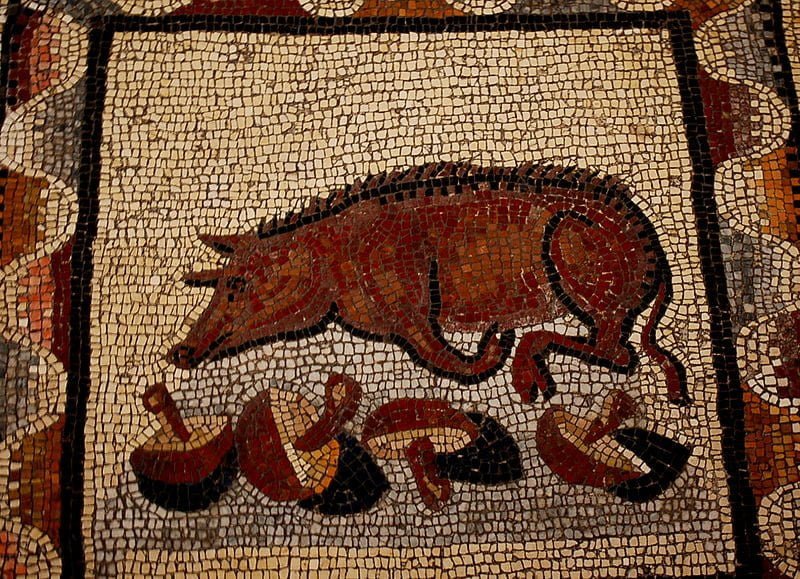- Profesor: Ryan Warwick

Postclassical Latin is both an advanced Latin course and a literature seminar. You will improve your ability to understand Latin naturally, as an organic language, by reading, analyzing, and discussing a variety of texts from the postclassical period, the more than seventeen hundred years (c. ad 300 to the present) when Latin evolved from a living to an immortal language.
Since there are nearly 1 trillion words of extant postclassical Latin (compared to a “mere” 100 million words of Classical Latin), this course will feature four topically and temporally distinct vignettes from the postclassical tradition: (a) late antique centonic and allegorical literature that recombines the lines and half-lines of Vergil into poems sacred (Proba’s Cento) and profane (Ausonius’ Cento Nuptialis), followed by selections of Prudentius’ Psychomachia; (b) vibrant, diverse sacred and secular Medieval works, with special focus on those by the visionary saint, Hildegard of Bingen; (c) a brief stop-over in the European Renaissance (Italian, Dutch, and/or English); and (d) the Latin of “New Spain”, including Columbus’ initial report, poems about Mexico and the Virgin of Guadalupe, and pastoral. Along the way, we will drop in several times on a range of “best sellers,” readable and popular texts from these period.
Since there are nearly 1 trillion words of extant postclassical Latin (compared to a “mere” 100 million words of Classical Latin), this course will feature four topically and temporally distinct vignettes from the postclassical tradition: (a) late antique centonic and allegorical literature that recombines the lines and half-lines of Vergil into poems sacred (Proba’s Cento) and profane (Ausonius’ Cento Nuptialis), followed by selections of Prudentius’ Psychomachia; (b) vibrant, diverse sacred and secular Medieval works, with special focus on those by the visionary saint, Hildegard of Bingen; (c) a brief stop-over in the European Renaissance (Italian, Dutch, and/or English); and (d) the Latin of “New Spain”, including Columbus’ initial report, poems about Mexico and the Virgin of Guadalupe, and pastoral. Along the way, we will drop in several times on a range of “best sellers,” readable and popular texts from these period.
- Profesor: Bret Mulligan

